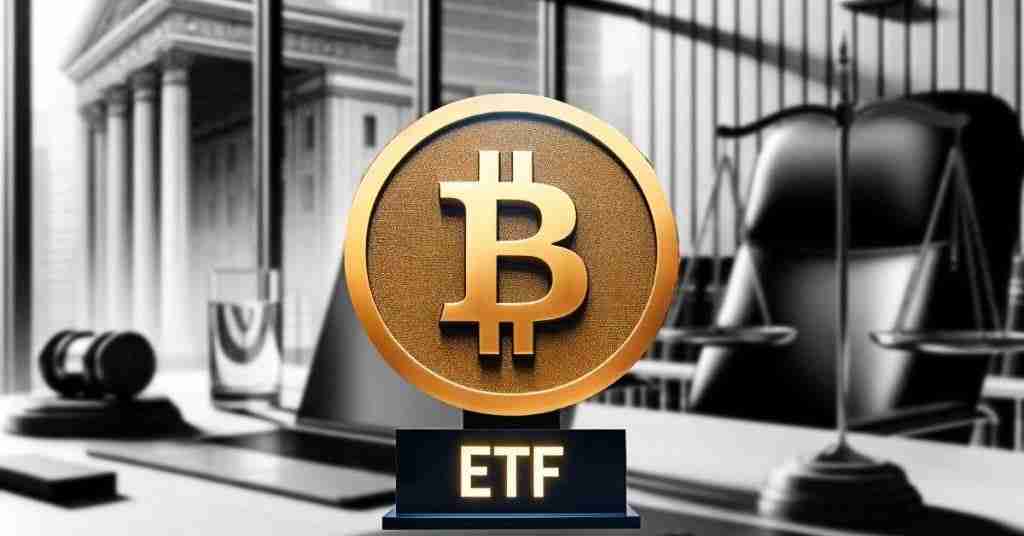The recent surge in interest and investment in cryptocurrencies has led to a growing debate about the potential introduction of a Bitcoin exchange-traded fund (ETF). While proponents argue that a Bitcoin ETF could serve as a significant catalyst for the widespread adoption of cryptocurrencies, others raise concerns about the potential controversies and risks associated with such a development.
Potential Benefits of a Bitcoin ETF
Proponents of a Bitcoin ETF emphasize several potential benefits that such a financial instrument could bring to the crypto universe:
- Mainstream Adoption: A Bitcoin ETF could pave the way for greater mainstream adoption of cryptocurrencies by making them more accessible to a wider range of investors, including institutional players and retail traders.
- Market Liquidity: The introduction of a Bitcoin ETF could lead to increased liquidity in the cryptocurrency market, potentially reducing price volatility and providing a more stable investment environment.
- Regulatory Oversight: An ETF structure would subject Bitcoin to regulatory oversight, potentially enhancing investor confidence and mitigating concerns about illicit activities and market manipulation.
- Portfolio Diversification: For traditional investors, a Bitcoin ETF could offer a means of diversifying investment portfolios, providing exposure to the potential growth of the cryptocurrency market.
Controversies and Risks
Conversely, critics and skeptics of a Bitcoin ETF raise several valid concerns and risks associated with its introduction:
- Market Manipulation: The largely unregulated nature of the cryptocurrency market raises concerns about the potential for market manipulation if a Bitcoin ETF were to be introduced, as seen in other financial markets.
- Volatility Amplification: While some argue that a Bitcoin ETF could reduce price volatility, others express concerns that it could amplify market volatility, particularly if large-scale institutional investors enter the space.
- Regulatory Challenges: The regulatory landscape surrounding cryptocurrencies remains complex and evolving, raising questions about the feasibility and stability of a Bitcoin ETF under current and future regulatory frameworks.
- Security and Custody: Safeguarding the underlying Bitcoin holdings of a potential ETF presents significant challenges in terms of security and custody, particularly given the history of high-profile cryptocurrency thefts and hacks.
Industry Perspectives
Industry experts and stakeholders offer varying perspectives on the potential impact of a Bitcoin ETF:
- Crypto Advocates: Many proponents of cryptocurrencies view a Bitcoin ETF as a crucial step toward wider acceptance and integration of digital assets into traditional financial systems, potentially unlocking significant investment opportunities.
- Regulators and Authorities: Regulatory bodies and authorities remain cautious about the introduction of a Bitcoin ETF, emphasizing the need for robust investor protection measures and risk management protocols.
- Financial Institutions: Traditional financial institutions are closely monitoring the developments related to a potential Bitcoin ETF, with some expressing interest in participating in the cryptocurrency market through regulated investment vehicles.
Conclusion
The debate surrounding the potential introduction of a Bitcoin ETF reflects the broader evolution of the cryptocurrency landscape, as it moves toward greater integration with traditional financial markets. While a Bitcoin ETF holds the promise of expanding accessibility and institutional participation in the crypto universe, it also raises valid concerns about market stability, regulation, and security. As stakeholders continue to deliberate on this pivotal issue, the ultimate fate of a Bitcoin ETF and its potential impact on the crypto universe remain subjects of intense scrutiny and speculation.








